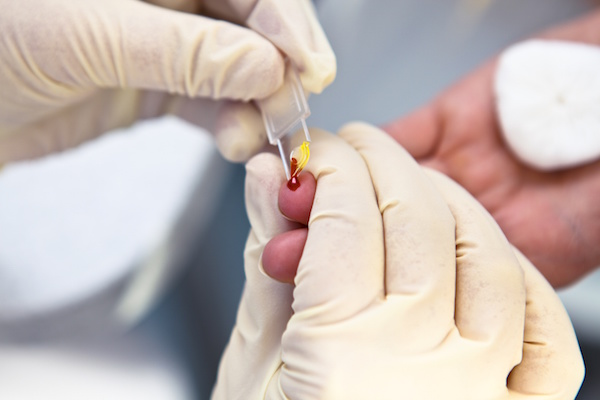
THURSDAY, Dec. 16 (HealthDay News) — Naturally occurring high hemoglobin levels don’t pose a threat to chronic kidney disease (CKD) patients on dialysis, and there is no need to lower these levels, a new study suggests.
Hemoglobin is a protein in red blood cells that carries oxygen.
Progressive anemia (red blood cell deficiency) is common in most patients with advanced chronic kidney disease. The anemia must be treated with medications, but treatment is controversial because restoring hemoglobin levels to the normal range of about 14 g/dL may lead to dangerous blood clots or even increased risk of death, according to the researchers.
They wanted to find out if chronic kidney disease patients with naturally high levels of hemoglobin were also at risk. They examined four months of data from 29,796 dialysis patients in 12 countries enrolled in an international dialysis outcome study.
During those four months, 1.8 percent of the patients maintained hemoglobin levels greater than 12 g/dL without the use of medications. These patients were more likely to be men, to have been receiving dialysis for more years, and to have underlying cystic kidney disease.
High levels of hemoglobin were also associated with conditions that lower oxygen levels in the blood, such as lung disease, cardiovascular disease and smoking, according to an American Society of Nephrology news release.
After adjusting for age, sex and other coexisting conditions, the researchers found patients with naturally high levels of hemoglobin did not have an increased risk of death, compared to those with lower hemoglobin levels or with those taking medications to maintain hemoglobin levels higher than 12 g/dL.
The study appears Dec. 16 in the Journal of the American Society of Nephrology.
More information
The U.S. National Kidney Foundation has more about chronic kidney disease.

